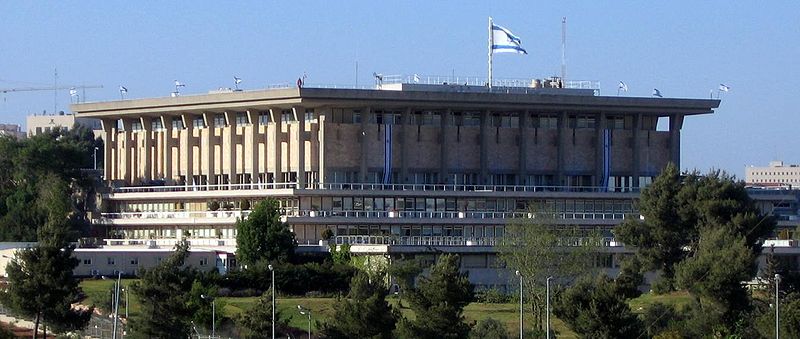Democratic elections are a scientific experiment: every few years we carefully change the variables and observe the results. If you want different results, you have to change the variables.* The combination between science and politics is a sensitive but necessary matter says Timothy Ferris
by Michael Shermer

Do you advocate evolution? I am. But when I say "I advocate evolution," I mean something quite different from what I mean when I say "I advocate liberal democracy." The theory of evolution is science. Liberal democracy is a political philosophy that most of us think has almost nothing to do with science.
For a long time I held the opinion that science and politics are two realms that do not overlap (similar to Stephen J. Gould's model that separates science from religion), and that is until I read Timothy Ferris' new book "The Science of Freedom"*. Paris, who has written several best-selling scientific classics, risks and bravely crosses the border between the two kingdoms, and claims that the scientific values of logic, empiricism and resistance to authoritarianism are not the result of liberal democracy but are the ones that create it.
Democratic elections are a scientific experiment: every few years we carefully change the variables and observe the results. If you want different results, you have to change the variables. "[US] founding fathers often spoke of the nation as an 'experiment,'" Ferris writes. "In terms of procedures, this experiment required consideration of the question of how to promote freedom and order at the same time. And each of the US states conducted many experiments on the subject during the 11 years between the Declaration of Independence and the establishment of the Constitution. And as Thomas Jefferson wrote in 1804: "There is no more interesting experiment than the one we are now conducting, which we are sure will confirm the fact that it is possible to govern through reason and truth."
Many of the founding fathers were scientists who, in order to build the nation, deliberately adopted the scientific method of data collection, hypothesis testing and theory building. They understood the temporary and transitory nature of experimental findings and this naturally led them to create a social system in which day-to-day politics is founded on public doubt and debate. "A new administration, like a scientific laboratory, is designed to conduct a continuous series of experiments, lasting forever," Ferris explains. "No one can predict the results, and therefore the administration was not designed to lead society towards a predetermined goal, but to continue to maintain the experimental process itself."
For example, [the English philosopher and political theorist] John Locke's political belief that all men are equal before the law, which played an important role in the construction of the US Constitution, was still untested in the 17th century. In an interview I conducted with Ferris, he said that in fact "before the American liberal-democratic experiment was conducted, only a few thinkers believed that democracy could exist at all, other than in very limited forms," and that most political theorists believed "that the common people should not be trusted to choose their leaders because they are too stupid and ignorant. " And yet, Ferris added, "liberal democracy has succeeded and the majority of the world's population clearly prefers it, both among those living in democratic nations and among those who are not." What would be considered a failed experiment in the political laboratory? "If the experiment ceased to exist in the nation that conducted it and it was replaced by something else. In the eyes of many, this was the expected fate of liberal democracies, but the verdict of the experiment was different: liberal democracy turned out to be the most stable and long-lasting form of government ever established."
But aren't all political claims a form of belief? I protested. "No," replied Ferris. "Liberalism and science are methods and not ideologies. Both methods incorporate feedback loops through which it is possible to examine whether actions (such as laws, for example) continue to receive general support. Both science and liberalism do not make doctrinal claims that are beyond the ability of the methods they employ - that is, science achieves knowledge and liberalism produces social orders that are widely accepted and intended for free human beings.
The myth that presents the scientific method as a series of clean and orderly steps, from hypothesis and prediction to experiment and drawing conclusions, collapses when you enter the laboratory and see the random and confused reality in which researchers grope their way towards discovery. The same is true of liberal democracies, which almost never work as planned but somehow progress and come closer to finding the right balance between individual freedom and social order. The constitutions of the various nations are based on the human constitution, and science is the best tool for understanding.
. Timothy Ferris, The Science of Liberty (HarperCollins, 2010)*
Michael Shermer is the publisher of Skeptic magazine (www.skeptic.com and the author of The Mind of the Market.

One response
Where can I find the original article in English?
Thanks.